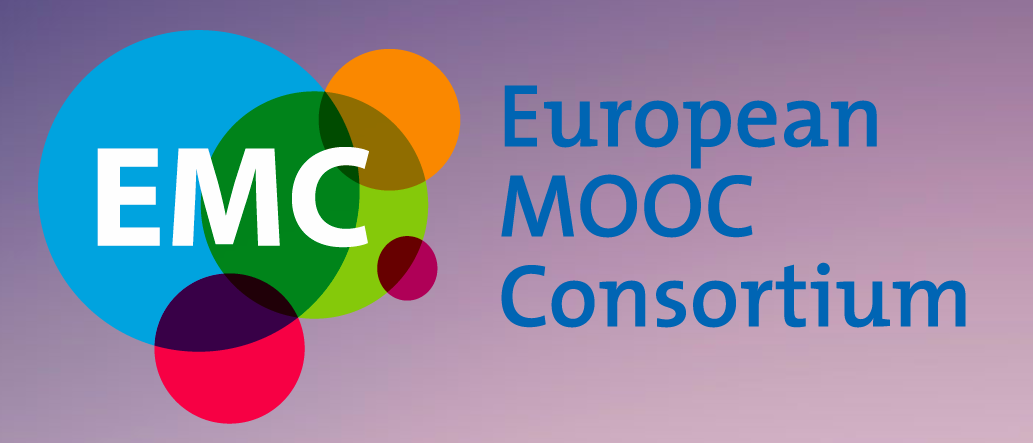As we look forward to Open Education Week it’s time to share the first round of results of our ‘Open Research Agenda’ consultation exercise.
The idea behind this is to try to bring a developed conversation to conferences rather than having interesting discussions that tail off after an event. We’re also interested in including a wide range of voices and perspectives as we plan our next round of research activity.
Our starting point is a survey was first shared online last month. The first groups invited to participate in person were the Open Education Symposium at Utah Valley University and at the Hewlett Foundation Grantees Meeting, held this year on the American Queen as it wended its way along the Mississippi.

Both were great opportunities to canvas opinion from key stakeholders in the OER movement. The grantees meeting was an especially useful chance to solicit views from people at the top strategic level in several countries. So far we have had 33 responses from 13 countries. Here’s how it’s looking so far.


Most of the people who have answered so far consider themselves proficient or expert in open education. The majority (65%) are educators, though a range of other roles are represented (and respondents are free to choose several roles). Here are some of the patterns that are emerging in this group.
Pragmatism
Some are very focused on specific, measurable goals like campus adoption of open textbooks; finding funds to facilitate OER production; empirical research into OER impact; and institutional savings from OER.
More widely, some asked about the role OER is meant to play in the education ecosystem.
What role to educational materials play in the whole teaching and learning process (central information source, mediation of teaching and learning, distraction of teaching and learning)? – ergo: why does changing educational materials to OER really matter?
Understanding Barriers
Several responses asked for a more complete understanding of barriers to adoption by faculty. Similarly, some felt that more research is needed to explain low rates of OER uptake.
Collaboration
Another theme that is emerging is the idea of using OER as a way to promote collaboration between faculty (especially with regard to learning design, but also to promote collaboration between universities more generally).
Infrastructure
There remains a lot of interest in technical infrastructure that can support OER. Storing, finding and retrieving OER remains an issue, with some suggesting research is needed into methods of creating national OER programmes with systems for institutional recognition of OER activity. There was a call to increase the number of open journals throughout the world and generally work with open information architecture. But what does this mean in practice?
How do we shift the discussion around OER away from the development by teachers and consumption by students of open content to the development of content and community by learners?
Openness
There were several comments about the need to explore the implications of open practice and “the relationship between open education and public education”. In particular, a sense that there is a need for more evidence to substantiate the claims made about the pedagogical benefits of openness. Similarly, there was a call to interrogate the importance of resources for effective learning (and, by implication, the effects of OER).
Here is a word cloud of the responses received for the question: ‘What are the most important areas for open education research over the next year?’

Here is a word cloud for the question: ‘What are the most pressing questions that need to be answered?’

These are just preliminary results. Once we have more data we can start to further analyse responses (by country, role, and education sectors, for instance) and refine research questions. We will be presenting the detailed results of the survey so far at OER16 and OE Global 2016. We plan to conduct seminars to further explore and discuss the results with different audiences. We’re keen to have input from as wide as range of people as possible.
There’s still time to take the survey and contribute to the shaping the research agenda. Take the short survey – it takes around 5 minutes to complete – via tinyurl.com/2016ora. Share the link with colleagues and anyone with an interest in OER.
Look out for further updates in this series!





Leave A Comment